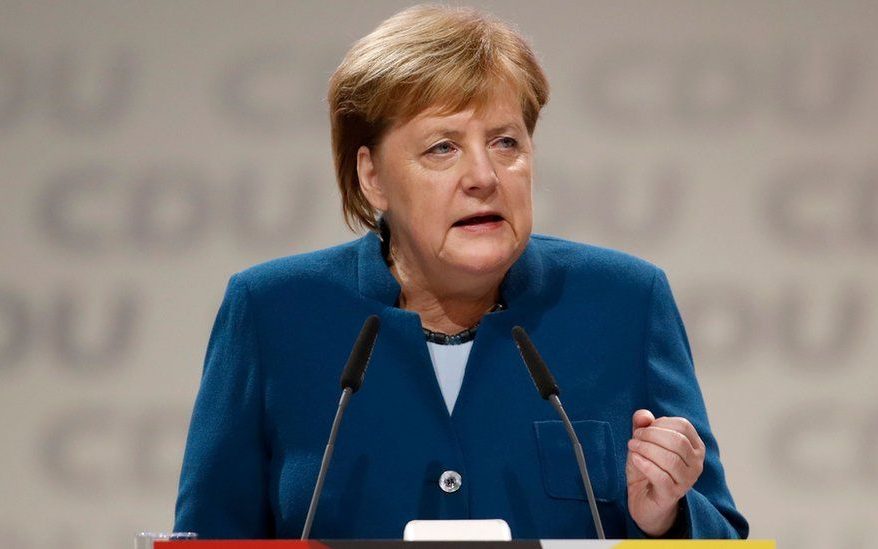New restrictions in Germany: Germany’s government has agreed on some new restrictions that will hinder the unvaccinated from movement and limit gatherings, among others. Here’s what’s changing.

These measures are all in an effort to break the fourth wave of the coronavirus pandemic in Germany.
Chancellor Merkel said that these efforts would make it such that there is an easing of pressures in intensive care units.
“The fourth wave must be broken,” Merkel said after consultations between the federal and state governments. She said the infection situation was stabilising, but at far too high a level.
The highest number of infections hit Germany setting new records. These highs have led to the catastrophic situation that is the overcrowded health facilities and overwhelmed medical staff.
Merkel said that an act of solidarity was needed to be able to safely contain the virus.
Merkel’s succesor Olaf Scholz also agreed with the nation that it was necessary that all unvaccinated people be barred from public places.
READ ALSO: Coronavirus Germany: Olaf Schulz supports mandatory vaccination of general population
New restrictions in Germany: Here’s what’s changing
- Limited number of participants for sports, cultural and comparable major events in Germany restricted to a maximum of 30-50 per cent of the seating capacity.
- A maximum of 15,000 spectators will be allowed in Bundesliga football stadiums on the coming match days.
- The 2G rule will be extended nationwide to retail except for convenience stores.
- In sports halls, a maximum of 5,000 spectators will be allowed. In regions with very high infection rates, large events could even be cancelled or, for sporting events, played behind closed doors.
- Private gatherings where unvaccinated people are present will be limited to one household, plus two outsiders.
- Only vaccinated people who have been vaccinated against the coronavirus or who have recovered from infection will be allowed to enter shops and cultural and leisure events.
- Nightclubs and discos will have to close when infection rates rise too high.
- No fireworks: Ban on the sale of fireworks and on letting them off in public places which are normally due to New Year’s Eve celebrations.
Source: dpa
